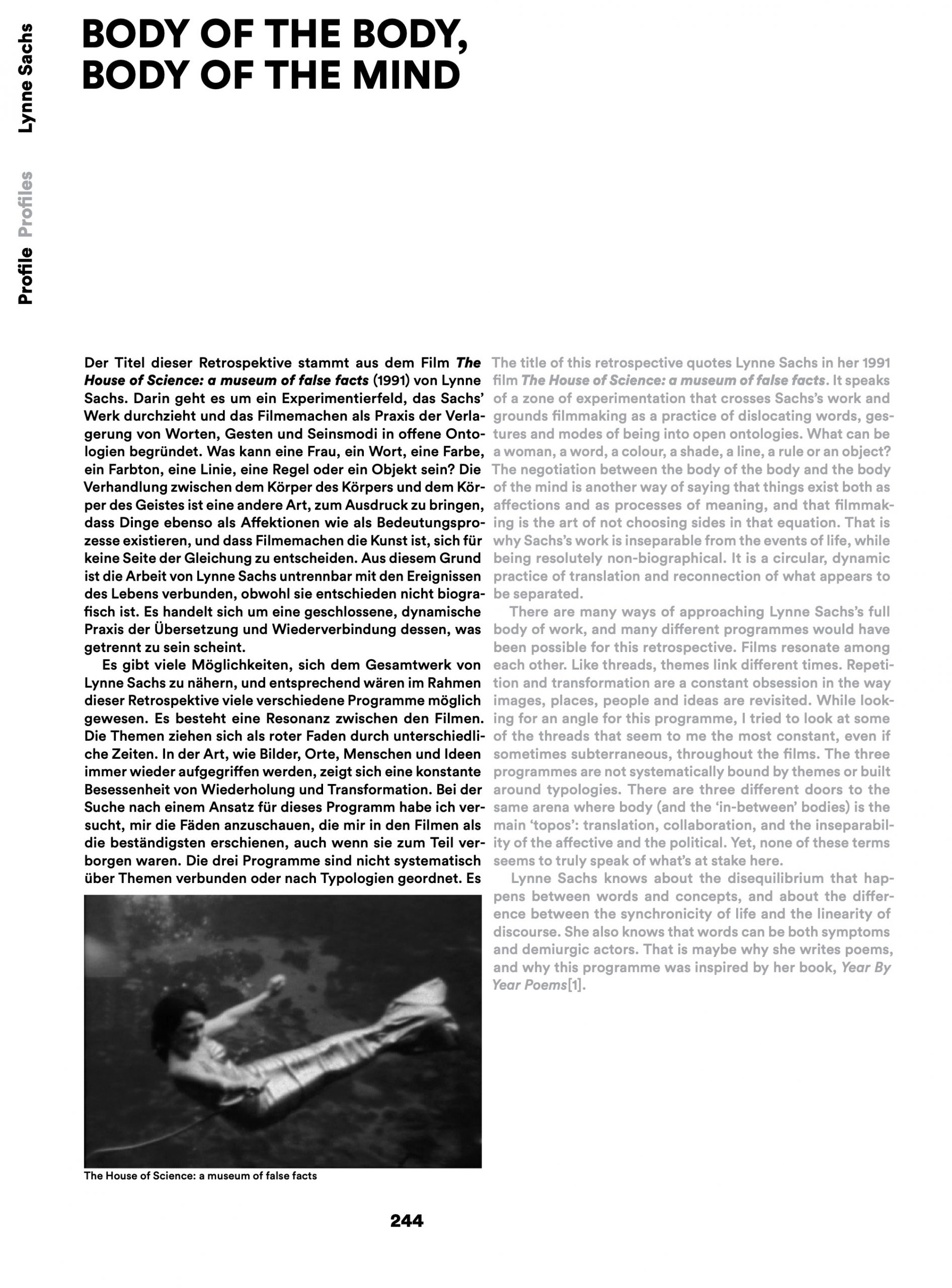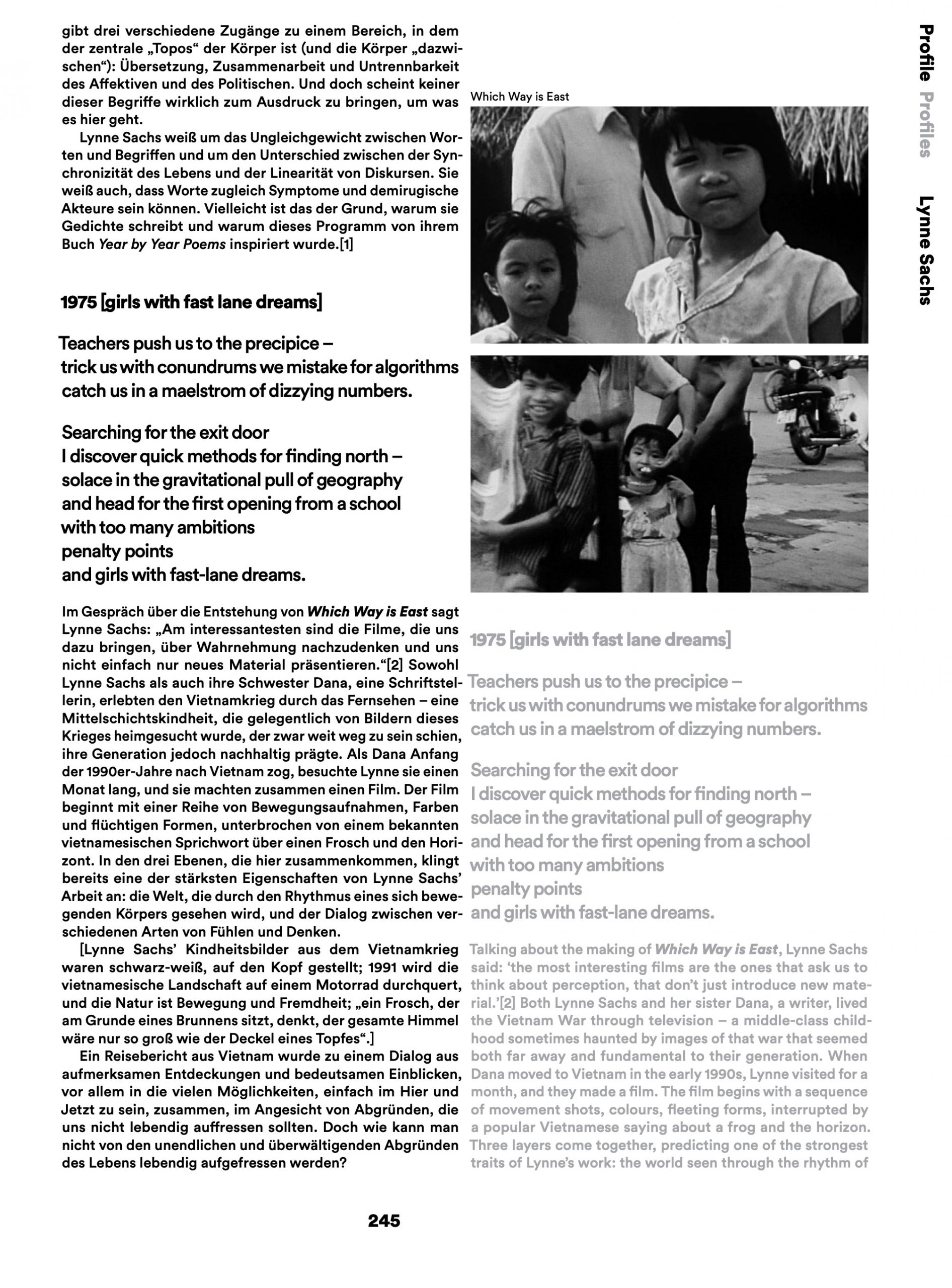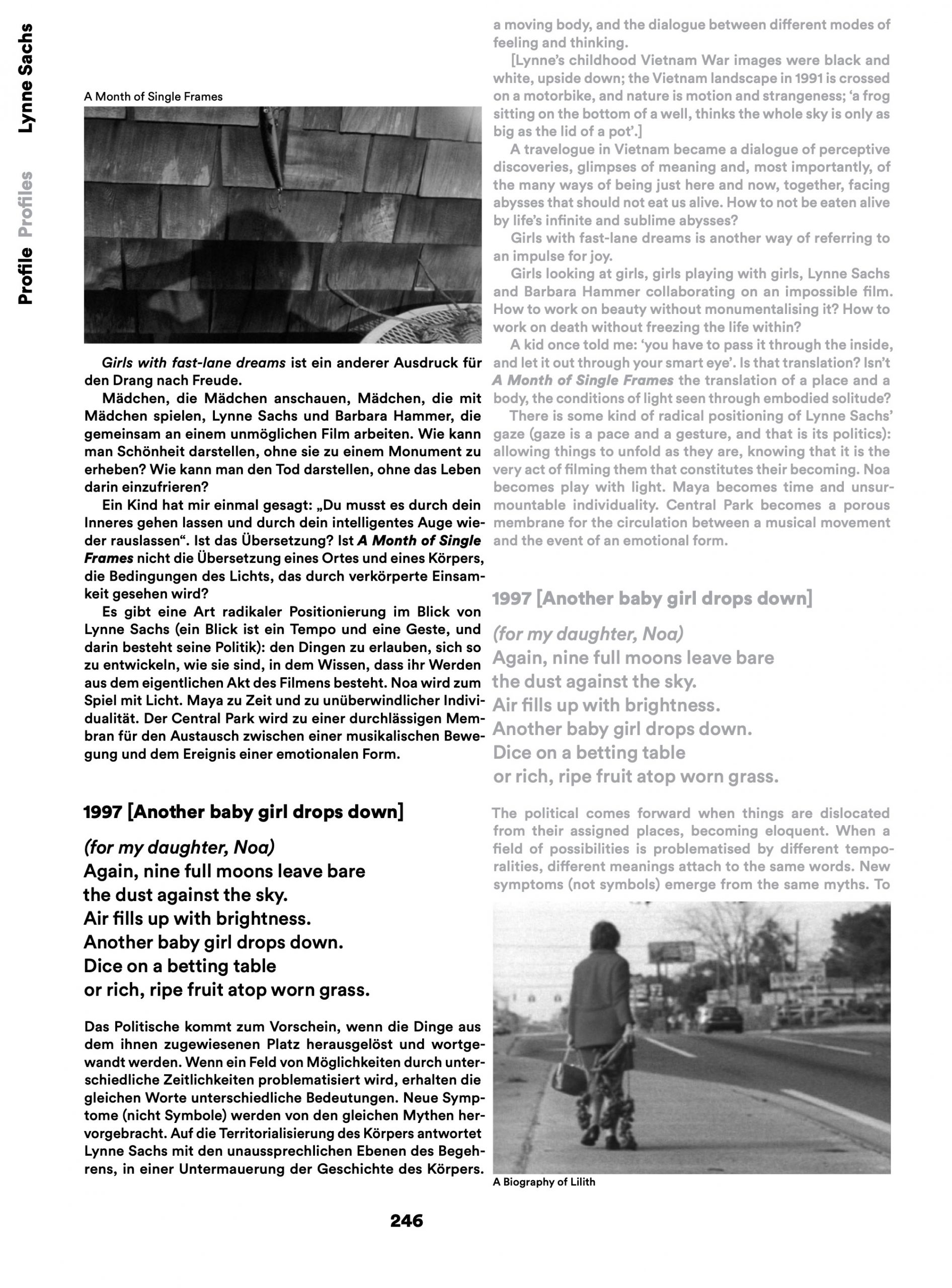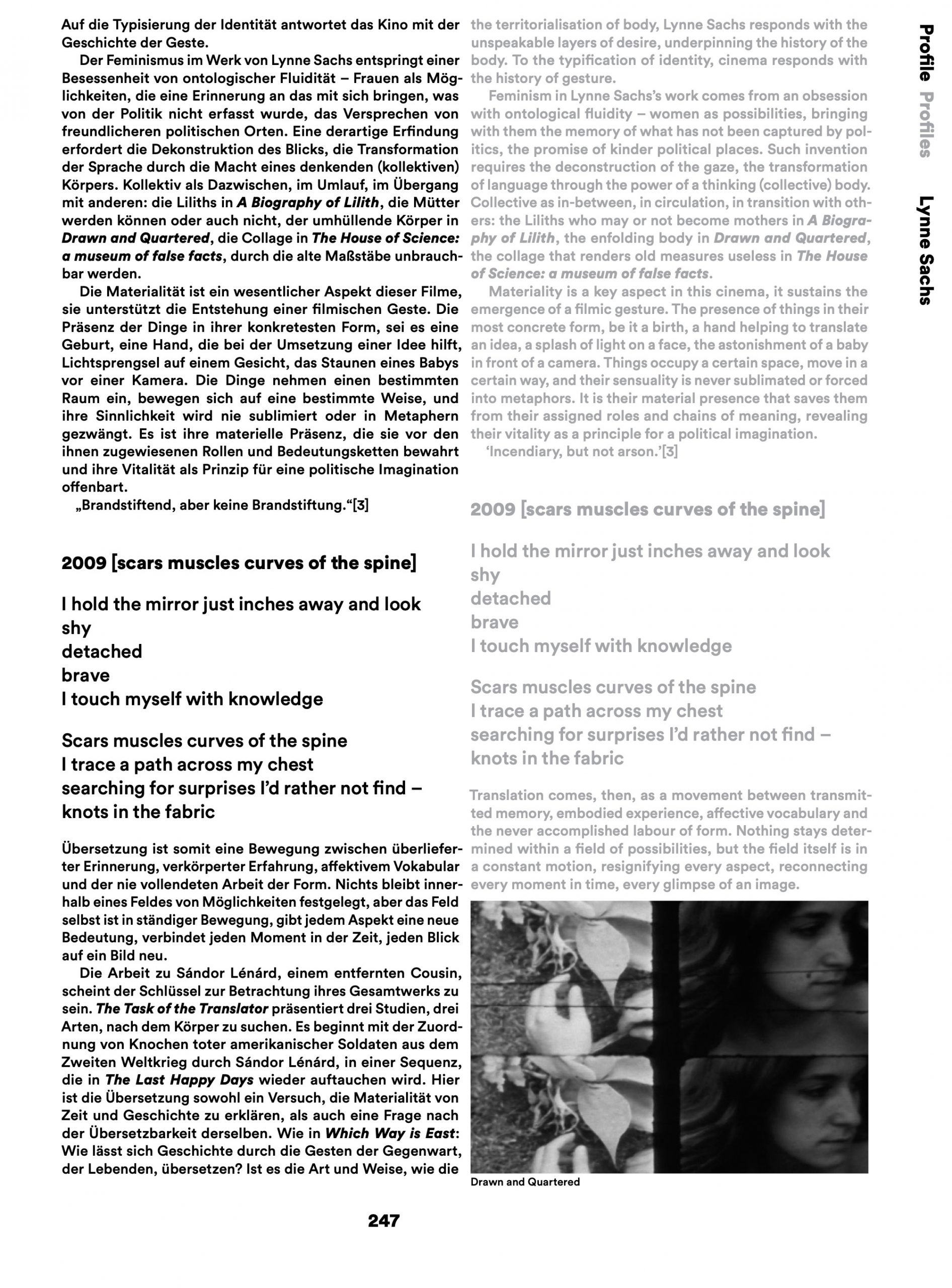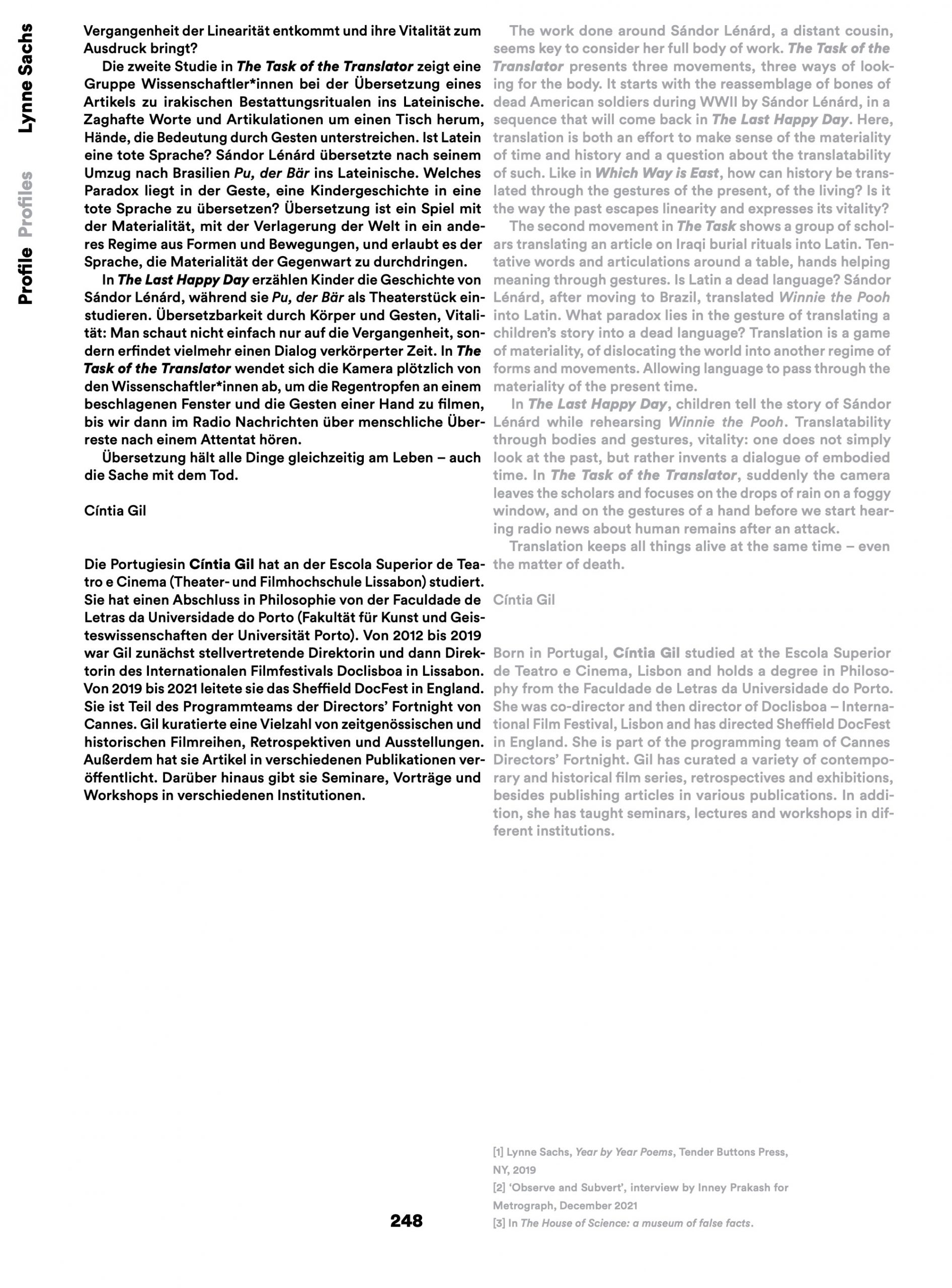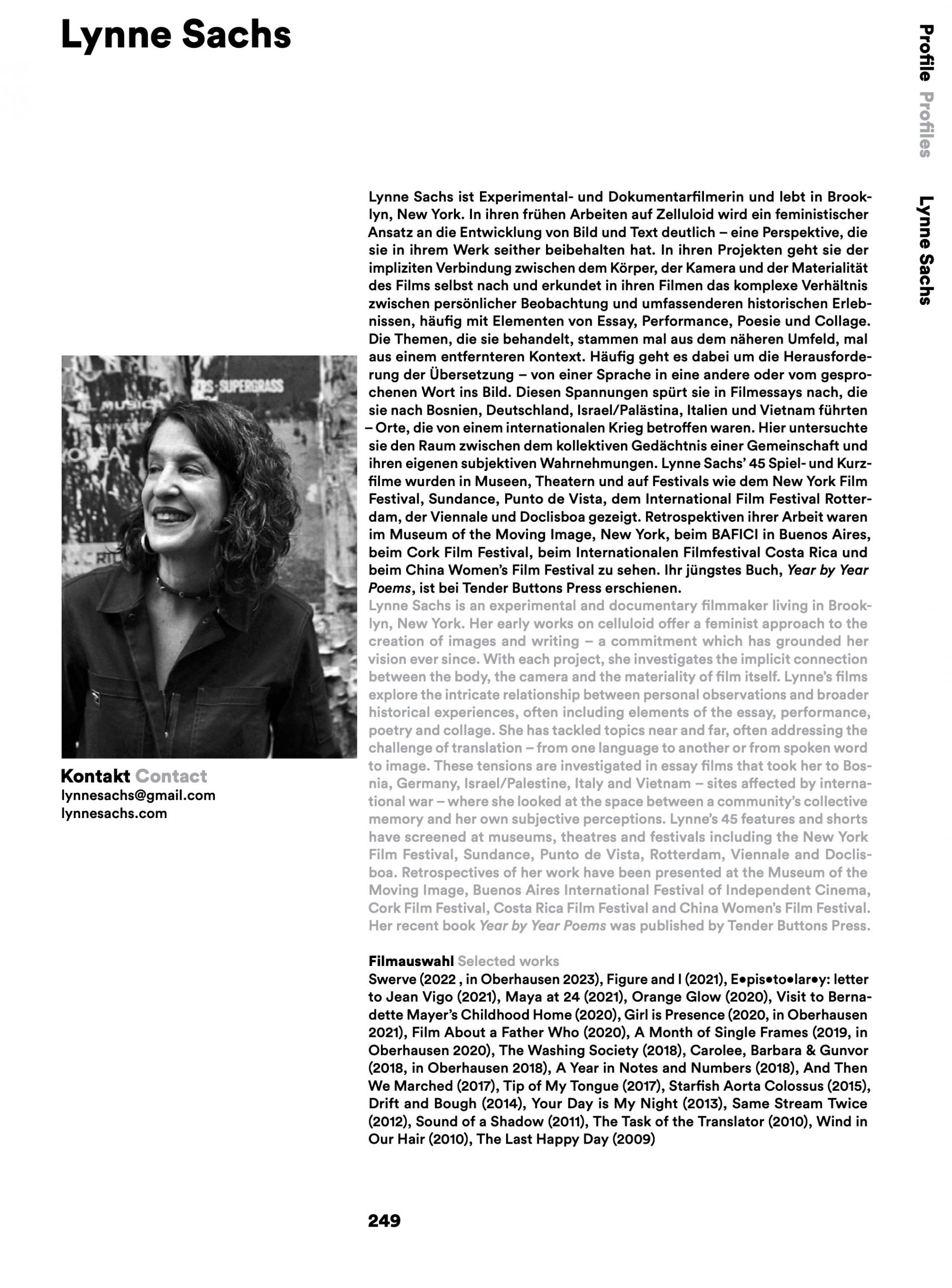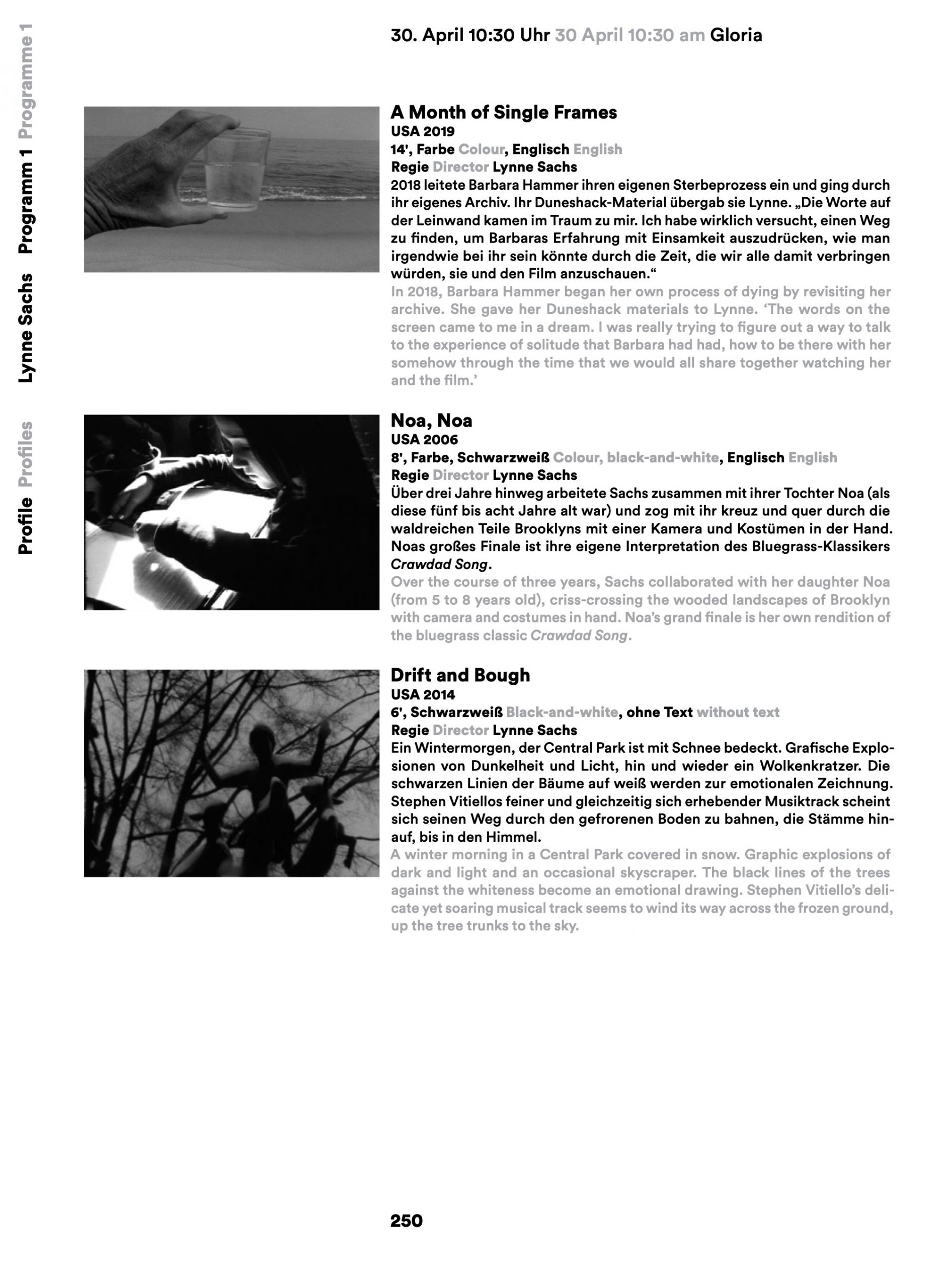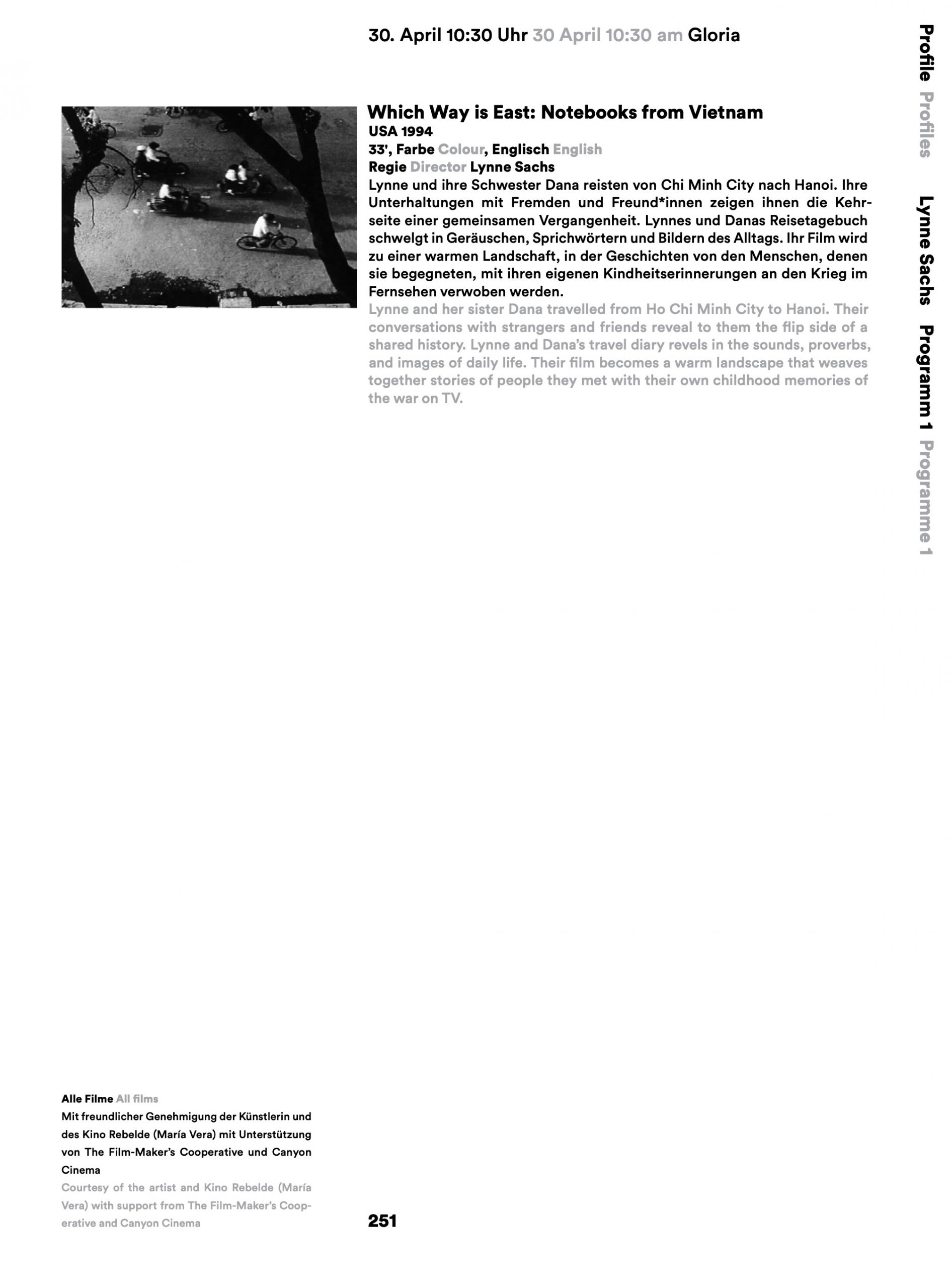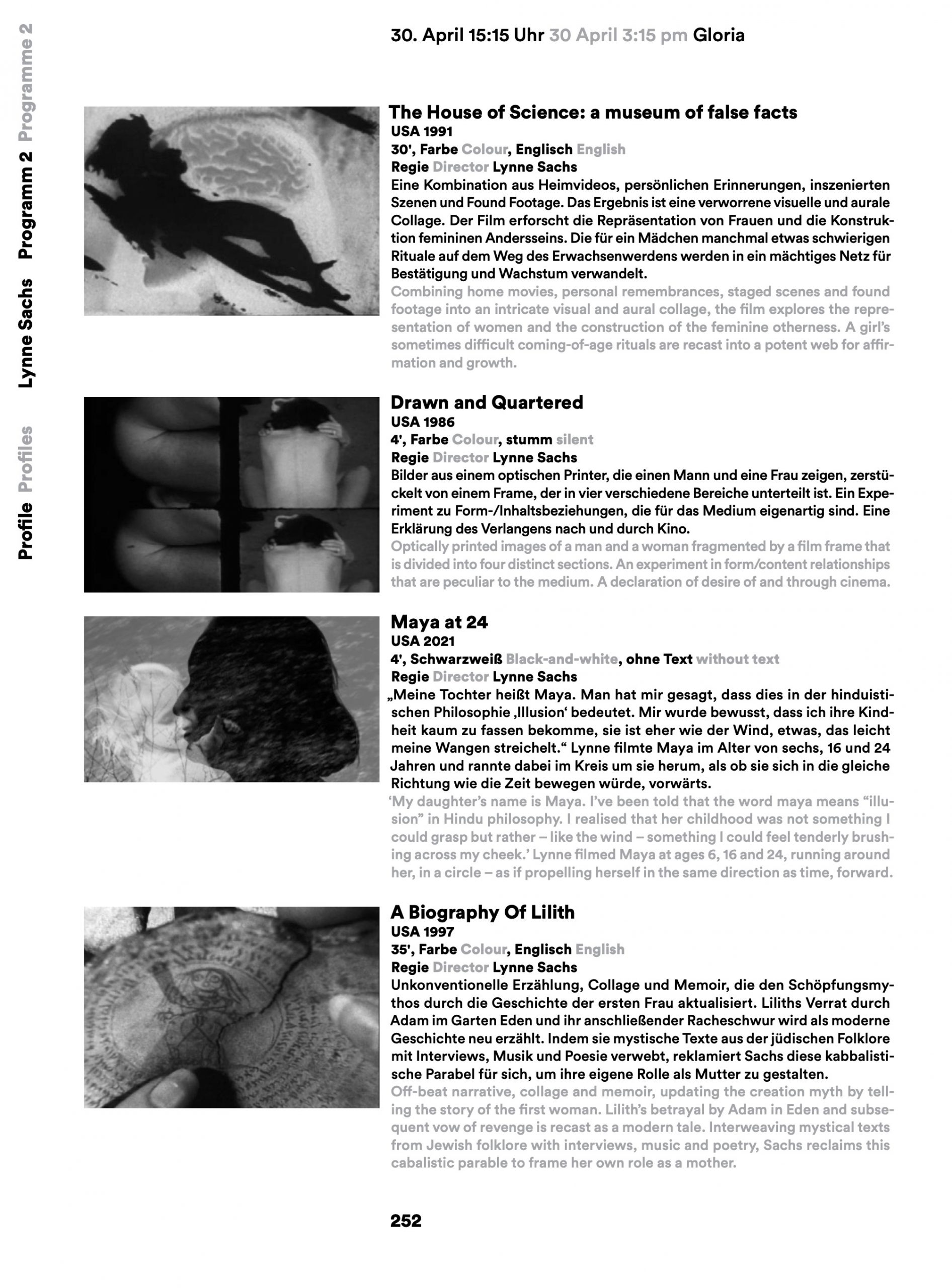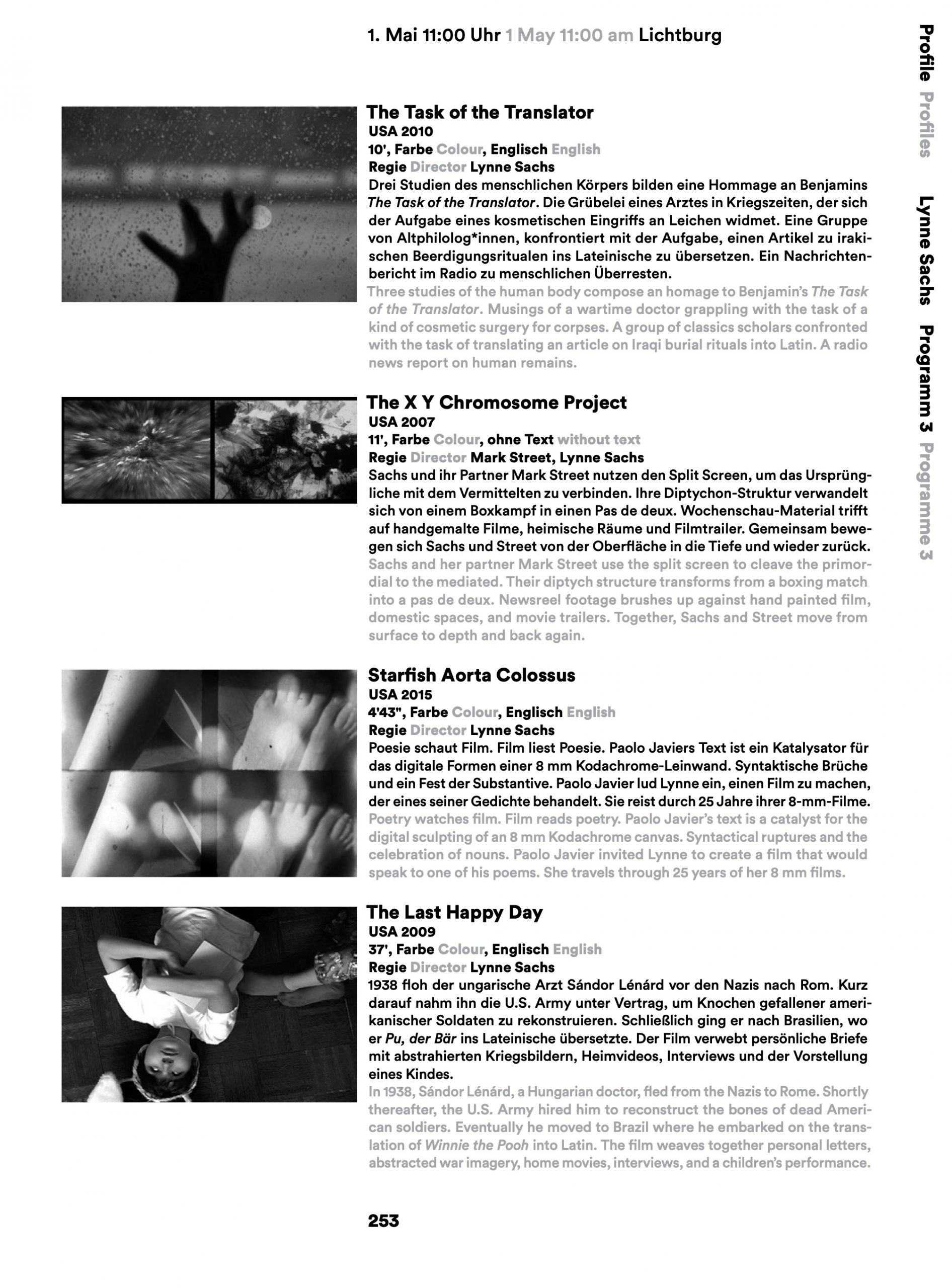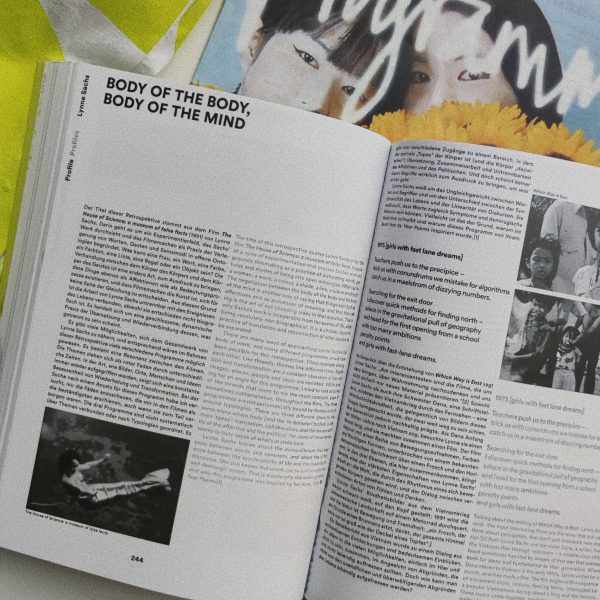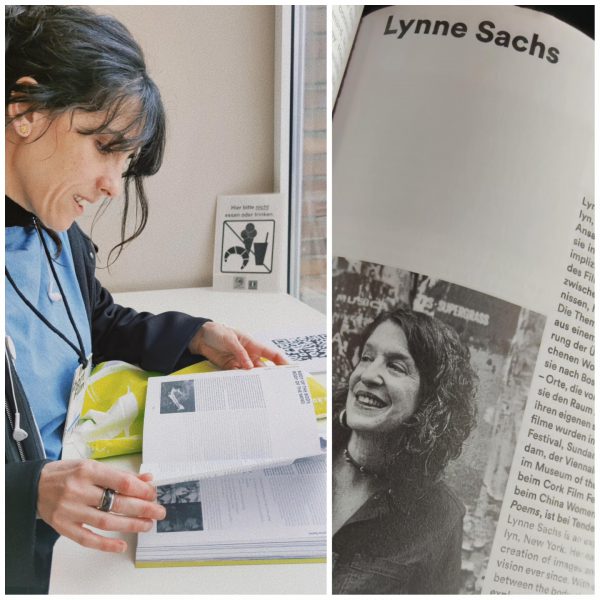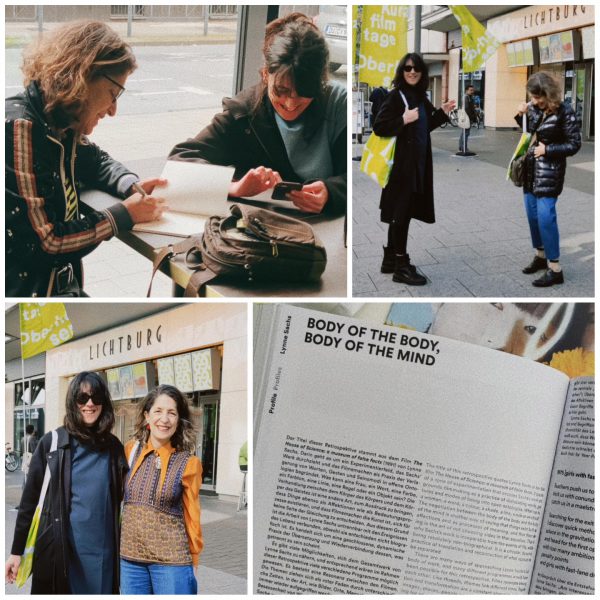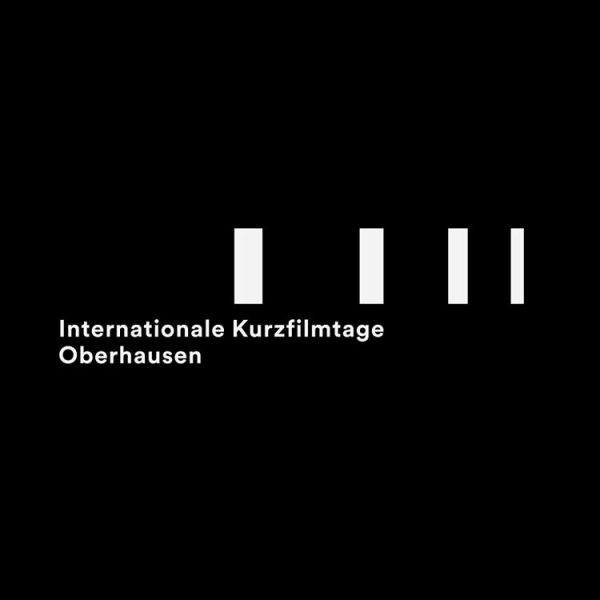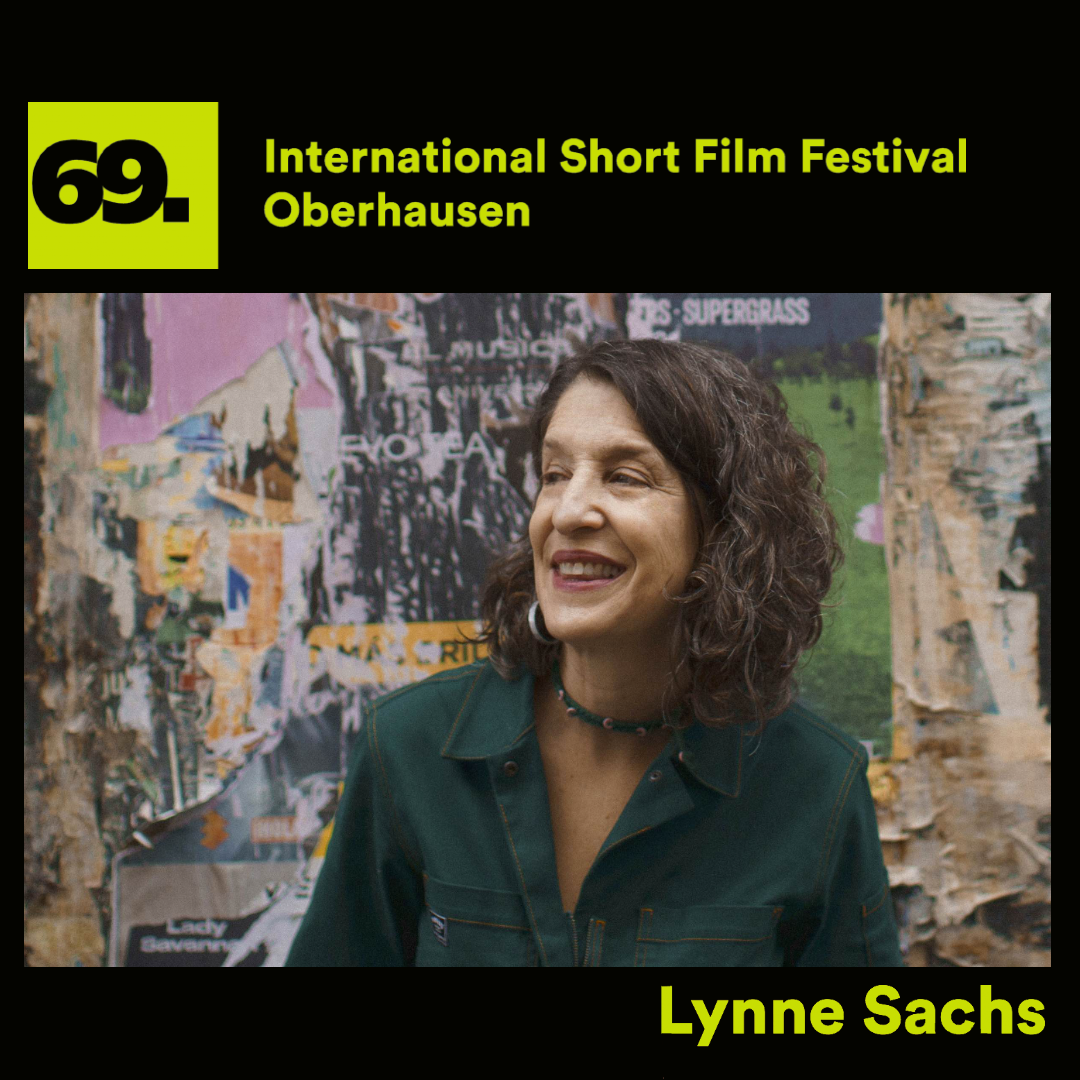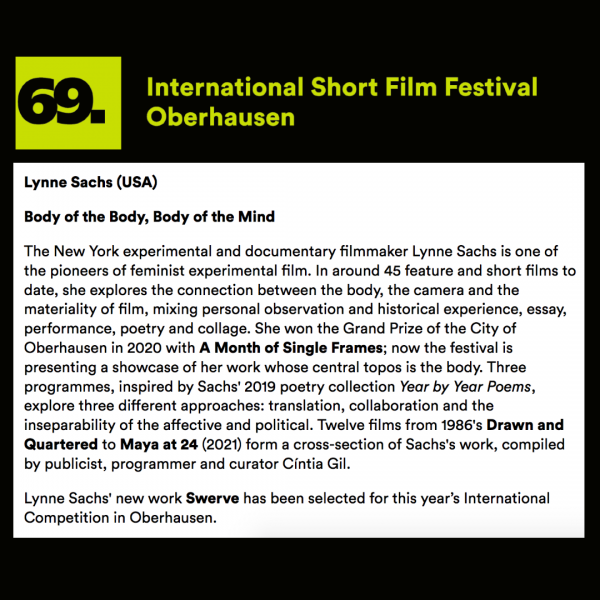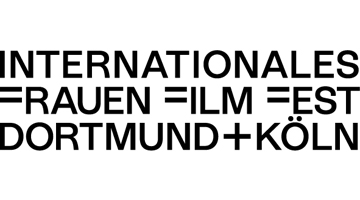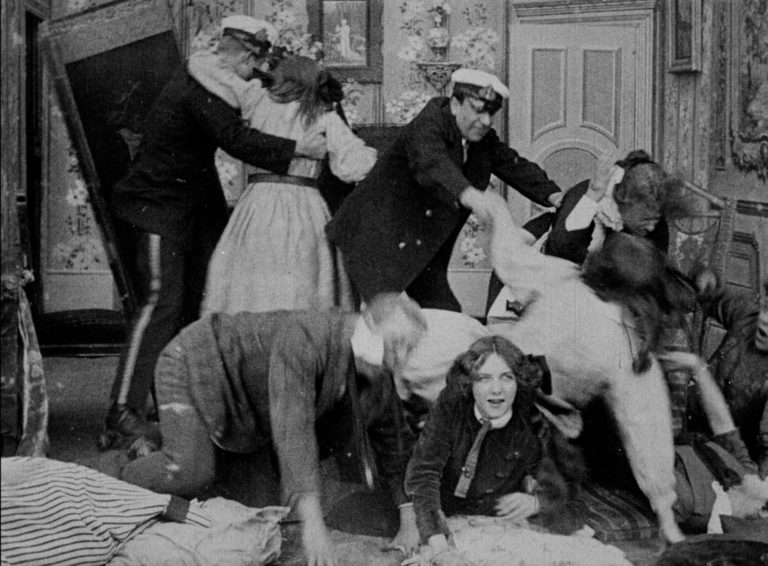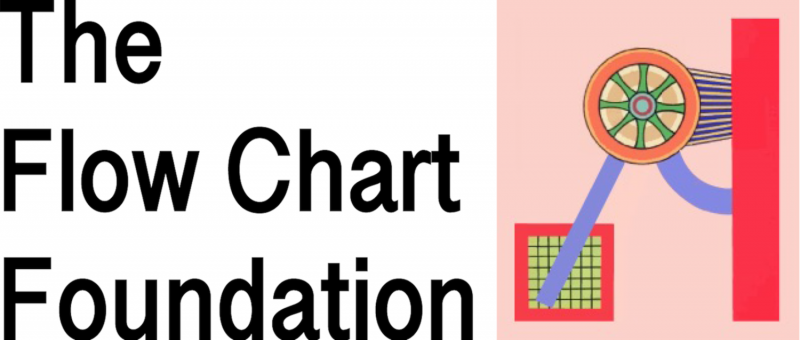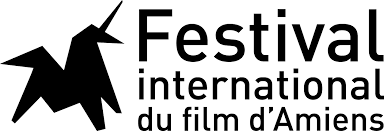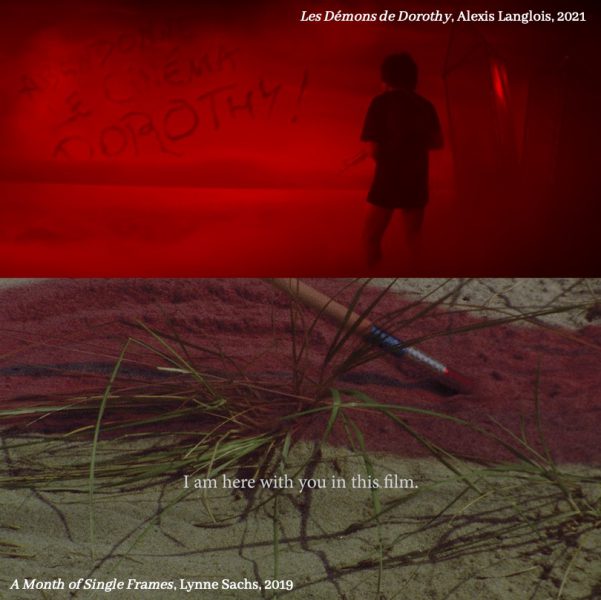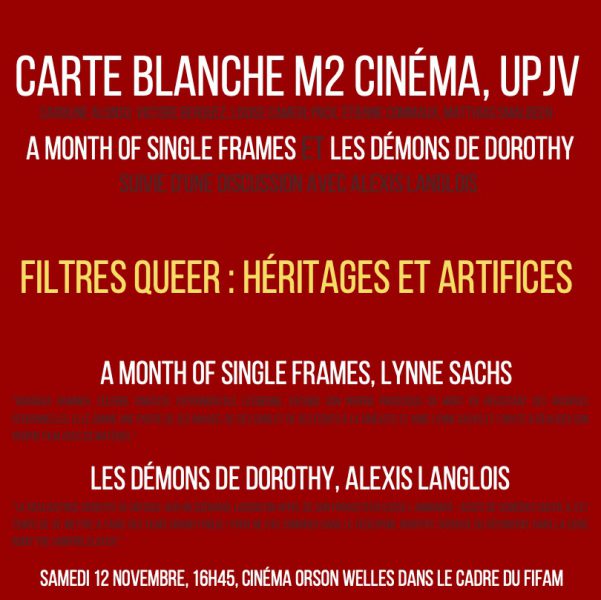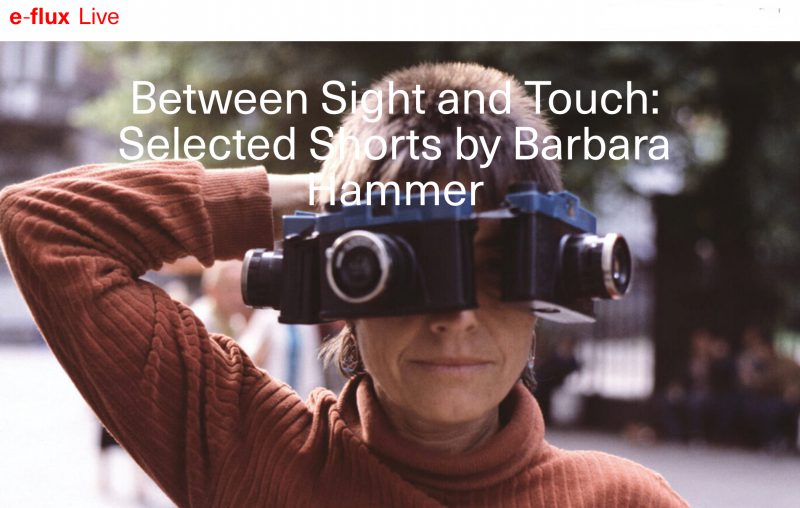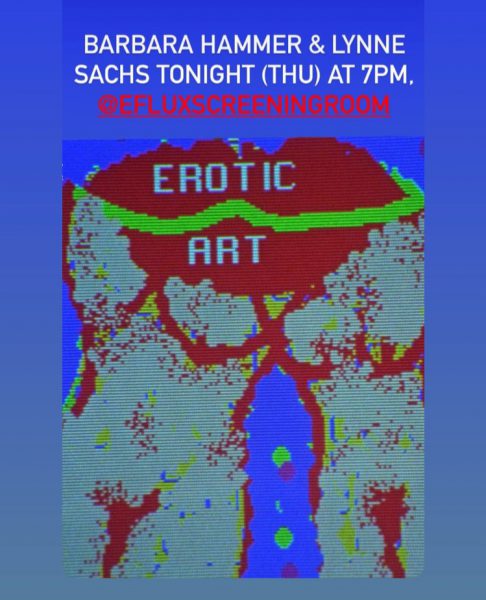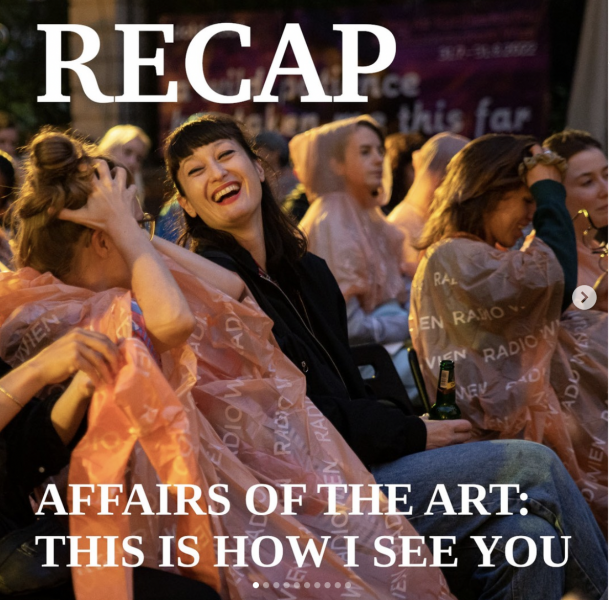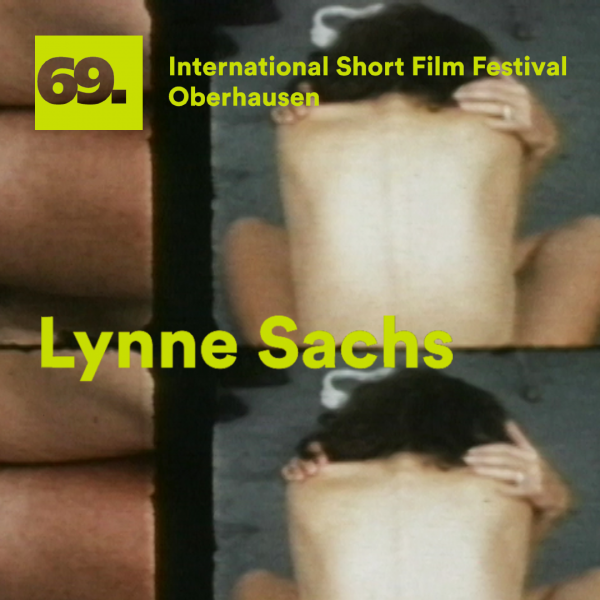
BODY OF THE BODY, BODY OF THE MIND
Lynne Sachs Artist Profile
April 26 – May 1, 2023
69th International Short Film Festival Oberhausen
Curator: Cíntia Gil
Program notes by Cíntia Gil:
The title of this retrospective quotes Lynne Sachs in her 1991 film “The House of Science: a museum of false facts”. It speaks of a zone of experimentation that crosses Sachs’ work and grounds filmmaking as a practice of dislocating words, gestures and modes of being into open ontologies. What can be a woman, a word, a color, a shade, a line, a rule or an object? The negotiation between the body of the body and the body of the mind is another way of saying that things exist both as affections and as processes of meaning, and that filmmaking is the art of not choosing sides in that equation. That is why Sachs’ work is inseparable from the events of life, while being resolutely non-biographical. It is a circular, dynamic practice of translation and reconnection of what appears to be separated.
There are many ways of approaching Lynne Sachs’ full body of work, and many different programmes would have been possible for this retrospective. Films resonate among each other. Like threads, themes link different times. Repetition and transformation are a constant obsession in the way images, places, people and ideas are revisited. While looking for an angle for this programme, I tried to look at some of the threads that seem to me the most constant, even if sometimes subterraneous, throughout the films. The three programmes are not systematically bound by themes or built around typologies. There are three different doors to the same arena where body (and the ‘in-between’ bodies) is the main ‘topos’: translation, collaboration, and inseparability of the affective and the political. Yet, none of these terms seems to truly speak of what’s at stake here.
Lynne Sachs knows about the disequilibrium that happens between words and concepts, and about the difference between the synchronicity of life and the linearity of discourse. She also knows that words can be both symptoms and demiurgic actors. That is maybe why she writes poems, and why this programme was inspired by her book, “Year By Year Poems”[1].
1975 [girls with fast lane dreams]
Teachers push us to the precipice –
trick us with conundrums we mistake for algorithms
catch us in a maelstrom of dizzying numbers.
Searching for the exit door
I discover quick methods for finding north –
solace in the gravitational pull of geography
and head for the first opening from a school
with too many ambitions
penalty points
and girls with fast-lane dreams.
Talking about the making of “Which Way is East”, Lynne Sachs said: “the most interesting films are the ones that ask us to think about perception, that don’t just introduce new material.”[2]. Both Lynne Sachs and her sister Dana, a writer, lived the Vietnam War through television – a middle-class childhood sometimes haunted by images of that war that seemed both far away and fundamental to their generation. When Dana moved to Vietnam in the early 1990s, Lynne visited for a month, and they made a film. The film begins with a sequence of movement shots, colors, fleeting forms, interrupted by a popular Vietnamese saying about a frog and the horizon. Three layers come together, predicting one of the strongest traits of Lynne’s work: the world seen through the rhythm of a moving body, and the dialogue between different modes of feeling and thinking. [Lynne’s childhood Vietnam War images were black and white, upside down; the Vietnam landscape in 1991 is crossed on a motorbike, and nature is motion and strangeness; “a frog sitting on the bottom of a well, thinks the whole sky is only as big as the lid of a pot”.]
A travelog in Vietnam became a dialogue of perceptive discoveries, glimpses of meaning and, most importantly, of the many ways of being just here and now, together, facing abysses that should not eat us alive. How to not be eaten alive by life’s infinite and sublime abysses?
Girls with fast-lane dreams is another way of referring to an impulse for joy.
Girls looking at girls, girls playing with girls, Lynne Sachs and Barbara Hammer collaborating on an impossible film. How to work on beauty, without monumentalizing it? How to work on death without freezing the life within? A kid once told me: “you have to pass it through the inside, and let it out through your smart eye”. Is that translation? Isn’t “A Month of Single Frames” the translation of a place and a body, the conditions of light seen through embodied solitude?
There is some kind of radical positioning of Lynne Sachs’ gaze (gaze is a pace and a gesture, and that is its politics): allowing things to unfold as they are, knowing that it is the very act of filming them that constitutes their becoming. Noa becomes play with light. Maya becomes time and unsurmountable individuality. Central Park becomes a porous membrane for the circulation between a musical movement and the event of an emotional form.
1997 [Another baby girl drops down]
(for my daughter, Noa)
Again, nine full moons leave bare
the dust against the sky.
Air fills up with brightness.
Another baby girl drops down.
Dice on a betting table
or rich, ripe fruit atop worn grass.
The political comes forward when things are dislocated from their assigned places, becoming eloquent. When a field of possibilities is problematized by different temporalities, different meanings attach to the same words. New symptoms (not symbols) emerge from the same myths. To the territorialization of body, Lynne Sachs responds with the unspeakable layers of desire, underpinning the history of the body. To the typification of identity, cinema responds with the history of gesture.
Feminism in Lynne Sachs’ work comes from an obsession with ontological fluidity – women as possibilities, bringing with them the memory of what has not been captured by politics, the promise of kinder political places. Such invention requires the deconstruction of the gaze, the transformation of language through the power of a thinking (collective) body. Collective as in-between, in circulation, in transition with others: the Lilliths who may or not become mothers in “A Biography of Lillith”, the enfolding body in “Drawn and Quartered”, the collage that renders old measures useless in “The House of Science: a museum of false facts”.
Materiality is a key aspect in this cinema, it sustains the emergence of a filmic gesture. The presence of things in their most concrete form, be it a birth, a hand helping to translate an idea, a splash of light on a face, the astonishment of a baby in front of a camera. Things occupy a certain space, move in a certain way, and their sensuality is never sublimated or forced into metaphors. It is their material presence that saves them from their assigned roles and chains of meaning, revealing their vitality as a principle for a political imagination.
“Incendiary, but not arson.”[3]
2009 [scars muscles curves of the spine]
I hold the mirror just inches away and look
shy
detached
brave
I touch myself with knowledge
Scars muscles curves of the spine
I trace a path across my chest
searching for surprises I’d rather not find –
knots in the fabric
Translation comes, then, as a movement between transmitted memory, embodied experience, affective vocabulary and the never-accomplished labor of form. Nothing stays determined within a field of possibilities, but the field itself is in a constant motion, resignifying every aspect, reconnecting every moment in time, every glimpse of an image. The work done around Sandor Lenard, a distant cousin, seems key to consider her full body of work. “The Task of the Translator”, presents three movements, three ways of looking for the body. It starts with the reassemblage of bones of dead American soldiers during WWII by Sandor Lenard, in a sequence that will come back in “The Last Happy Days”. Here, translation is both an effort to make sense of the materiality of time and history, and a question about the translatability of such. Like in “Which Way is East”, how can history be translated through the gestures of the present, of the living? Is the way the past escapes linearity and expresses its vitality?
The second movement in “The Task” shows a group of scholars translating an article on Iraqi burial rituals into Latin. Tentative words and articulations around a table, hands helping meaning through gestures. Is Latin a dead language? Sandor Lenard, after moving to Brazil, translated Winnie the Pooh into Latin. What paradox lies in the gesture of translating a children’s story into a dead language? Translation is a game of materiality, of dislocating the world into another regime of forms and movements. Allowing language to pass through the materiality of the present time. In “The Last Happy Day”, children tell the story of Sandor Lenard while rehearsing Winnie the Pooh. Translatability through bodies and gestures, vitality: one does not simply look at the past, but rather invents a dialogue of embodied time. In “The Task of the Translator”, suddenly the camera leaves the scholars and focuses on the drops of rain on a foggy window, and on the gestures of a hand, before we start hearing radio news about human remains after an attack.
Translation keeps all things alive at the same time – even the matter of death.
Cíntia Gil
Born in Portugal, Cíntia Gil studied at the Escola Superior de Teatro e Cinema (Lisbon Theatre and Film School) and holds a degree in Philosophy from the Faculdade de Letras da Universidade do Porto (Faculty of Arts and Humanities at the University of Porto). From 2012 to 2019, Cíntia Gil served as co-director and then director of Doclisboa – International Film Festival. From 2019 to 2021 she has directed Sheffield DocFest in England. In 2022, Cíntia started the programme of screenings and study groups “Artistic Differences”, at UnionDocs (NY), as a co-curator together with Jenny Miller and Christopher Allen. She is part of the programming team of Cannes Directors Fortnight.
Gil has curated a variety of contemporary and historical film series, retrospectives and exhibitions, besides publishing articles in various publications. In addition, she has taught seminars, lectures and workshop in different institutions (Centro de Capacitación Cinematográfica in Mexico, EICTV in Cuba, HGK Karlsruhe University of Arts and Design in Germany among others), and she is a project tutor for the Master on Creative Documentary at the Pompeu Fabra University . She has also served on juries in international film festivals, such as Berlinale, Cairo Film Festival, Mar del Plata, Jerusalem Film Festival, Torino Film Festival, London Film Festival, IDFA, Taipei IDF, FidMarseille, Seville European Film Festival, DokuFest, Ficunam, DocsNYC, Guadalajara, among many others. She has been a member of the executive Board of Apordoc – Associação pelo Documentário, the Portuguese documentary film association since 2015.
[1] Lynne Sachs, “Year by Year Poems”, Tender Buttons Press, NY, 2019
[2] “Observe and Subvert”, interview by Inney Prakash for Metrograph, December 2021
[3] In “The House of Science: a museum of false facts”.

